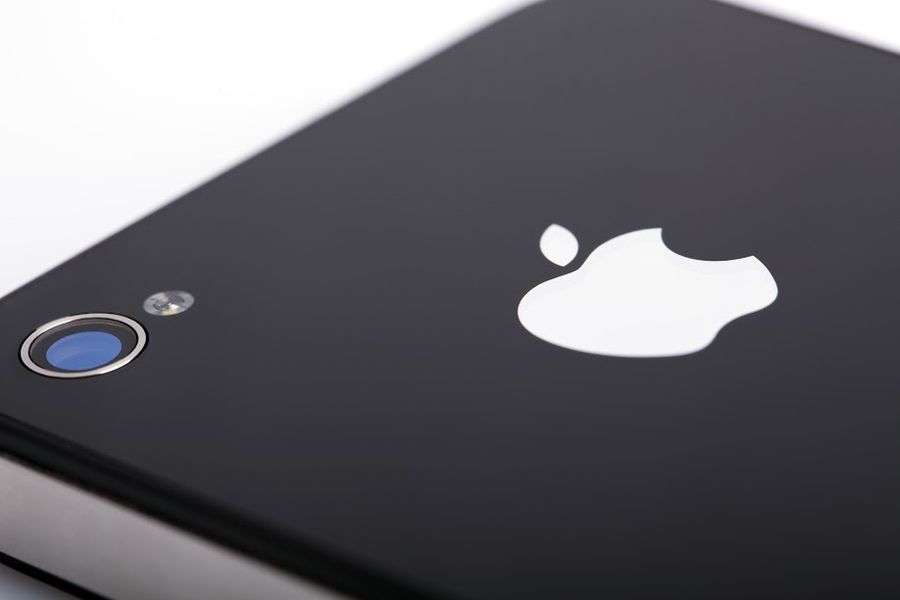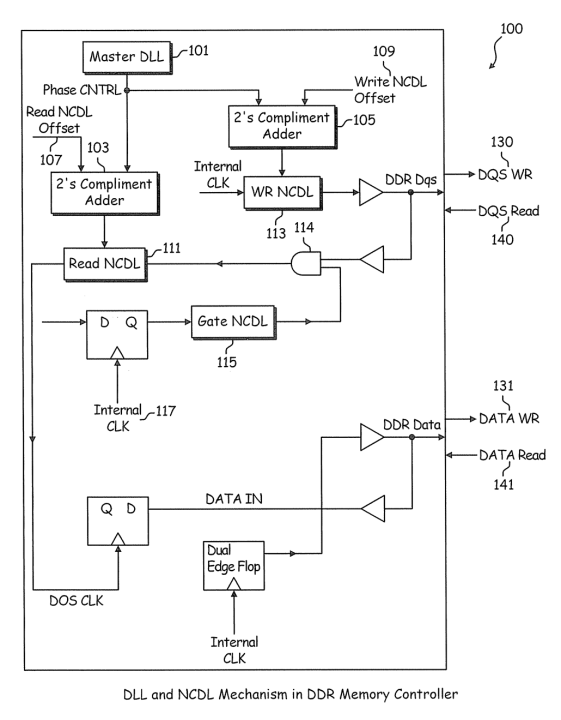Just when there seems to be a lull in the ongoing war of attrition between tech giants Qualcomm vs. Apple, things heat up again. Apple has accused Qualcomm of infringing on more than eight patents relating to power management systems that pre-date patents Qualcomm based their initial infringement case on. Coincidently, at the same time, Qualcomm was already filling their own additional complaints against Apple, this time accusing the iPhone maker of violating 5 additional patents in their newest iPhone 8 and iPhone X models. The patents in question are related to power-saving techniques, bandwidth, and autofocus technologies.
Qualcomm Patents
- U.S. Patent No. 9,154,356 — Low noise amplifiers for carrier aggregation
- U.S. Patent No. 9,473,336 — Radio frequency (RF) front end having multiple low noise amplifier modules
- U.S. Patent No. 8,063,674 — Multiple supply-voltage power-up/down detectors
- U.S. Patent No. 7,693,002 — Dynamic word line drivers and decoders for memory arrays
- U.S. Patent No. 9,552,633 — Depth aware enhancement for stereo video
As previously reported Qualcomm is still vying for the FTC to place an embargo on iPhone sales in the U.S. due to the ongoing infringement case and will add iPhone models 8 and X to its list of infringing products. Based on the newest complaints, this will include iPhone models that use Intel chips on both AT&T and T-Mobile networks. Though the number of complaints is on the rise, it will be a while before the ITC makes any rulings on the matter, by some accounts the ITC considers complaints for more than 15 months before making a decision. The ITC opened an investigation on Qualcomm’s initial complaint in August.
For these two companies, the additional infringement suits just add fuel to the fire. It is likely that neither company will see any real movement in these cases in the near future, but will likely seek a settlement deal. As Qualcomm revenue continues to plummet, it seems their strategy is to file lawsuit after lawsuit until Apple yields it’s position and is ready to make an agreement. Though the credible evidence against both companies is mounting, Apple has enough financial resources in the bank to keep Qualcomm at a stalemate until the court steps in.




